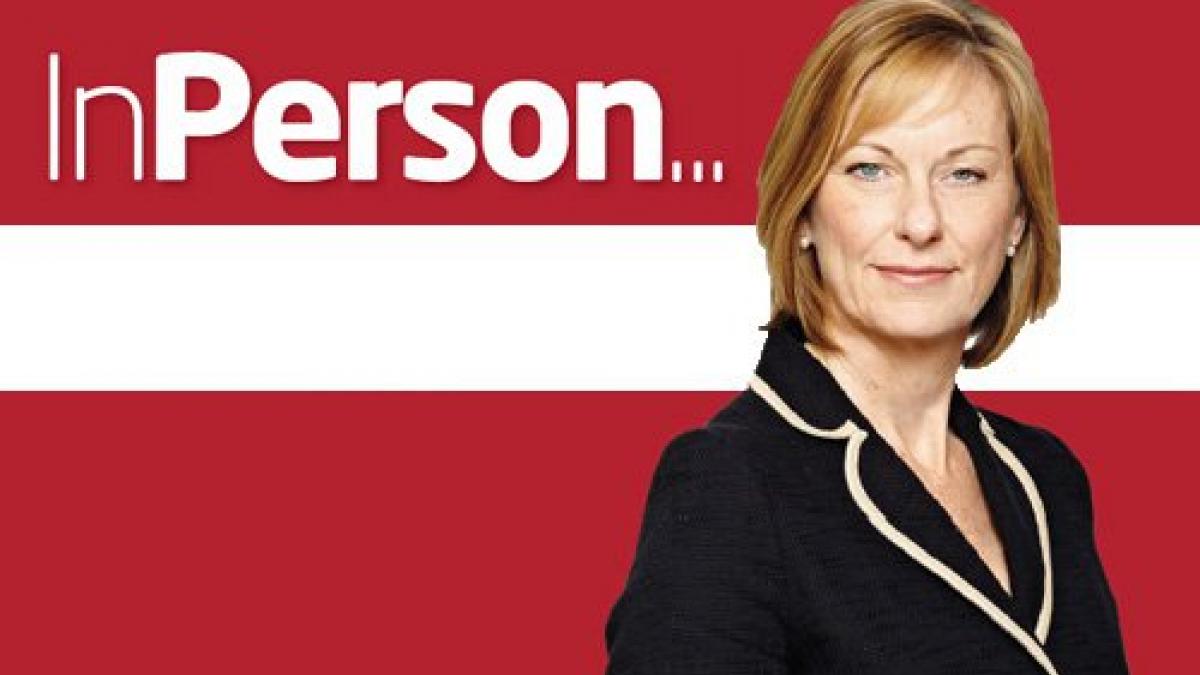Chief executive Karen Middleton offers some hints on making your next job move.

I have been mentoring a couple of physiotherapists lately who are looking for new jobs and have been involved in a number of interviews. It occurred to me that it is often difficult to seek advice on looking for new jobs, undertaking an application or attending an interview when you may not want to discuss these with your line manager. This is where a mentor or coach can be very helpful.
Knowing when to move on and look for another challenge is important. Most of us get itchy feet or start feeling slightly bored with the familiarity of the job we are doing. For others, moving on becomes a necessity due to reorganisation, redundancy or personal circumstance.
Whatever the cause, it is important to take charge of your future. Think about what you want to do. What sort of work, ideally, would you want to spend your day doing?
Check out Frontline and CSP’s online Job Escalator, as well as other recruitment sites, for opportunities. Don’t be limited by job title. Open up your thinking: some of the posts I have held bore very little resemblance to the job title I had.
Think about your limitations: geography, the hours you can do, or salary you need.
You are beginning to narrow the focus down.
Whether you share the fact you are looking for a new post depends on your personal situation. It may give you a positive negotiating position if you want promotion, or additional training. Although letting others know might open up opportunities, you may not want to be open if your present post is under threat.
Although fewer places accept a conventional CV these days, it’s nonetheless crucial to get your CV up to scratch as it’s a helpful reference point when filling in online application forms. It can be adapted to illustrate the requirements of the personal specification.
If you are asked to send a conventional CV, keep it no longer than two sides of A4. Begin with a strong personal statement that starts with ‘I’. Keep it outcome focused. Rather than listing what you have done, explain what you delivered or the difference you made (the ‘so what’ factor).
When you see a post you are interested in, the detective work begins.
Find out as much as you can about it, the service and the organisation. Who do you know that might know more? Can anyone in your professional network or local area advise you? But beware: the minute you starting asking questions, the word will get out that you are job hunting. Be aware that posting a message on Facebook or Twitter may reveal your interest to people you’d rather not tell, such as your boss.
If there is a number to call for an informal discussion, always do this as it will help you decide about applying, inform your application and help to make an impression on your prospective employer. Prepare thoroughly.
Know what you want to ask about the post and, in particular, ask questions that will help with your application and/or interview. ‘What will success for you look like in this post?’ is a good one!
Looking for a new job should be regarded as a project and you are the project manager. It has to be a systematic process. Having said that, luck and timing are everything in terms of whether the right job comes up when you are looking.
However, you will be surprised how, once you make a concerted effort, suddenly opportunities start opening up! fl
Got a question for Karen?
Do you have a question for Karen about applying for a job, taking on a leadership role or a management issue? Drop her an email and she’ll try to answer your question in this column (suitably anonymised of course!) enquiries@csp.org.uk
Author
Karen Middleton
Number of subscribers: 1




































